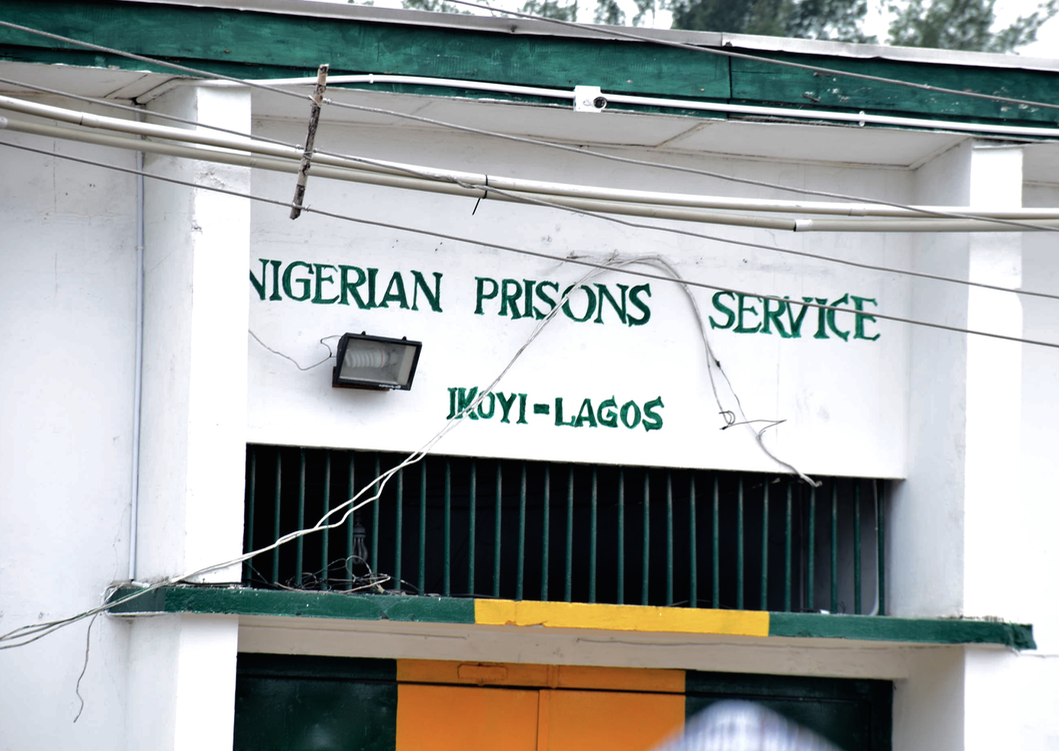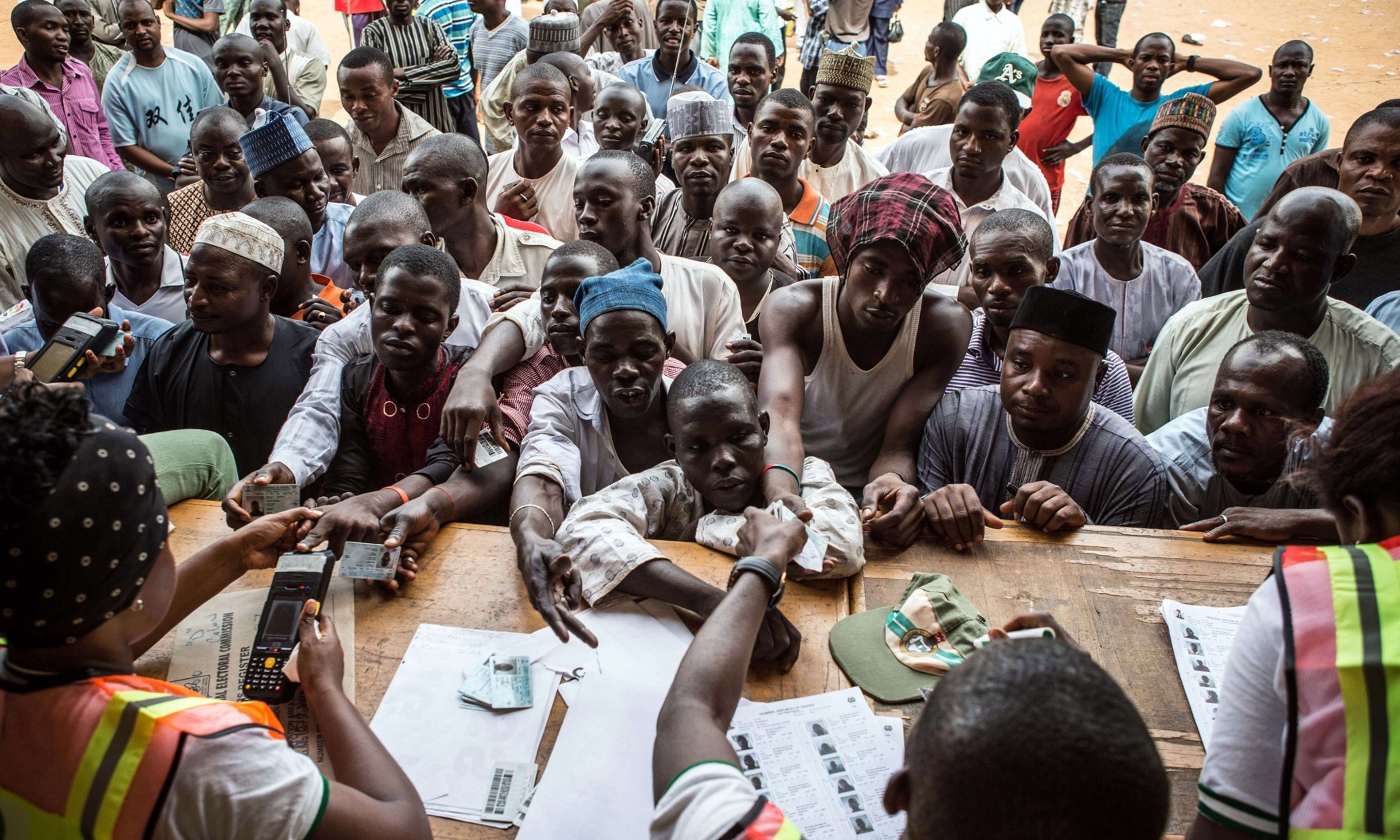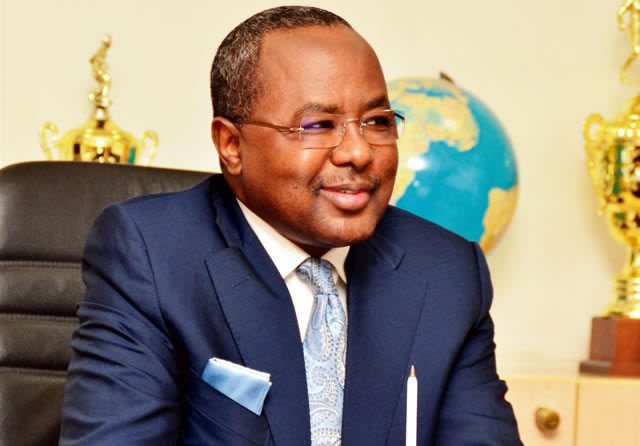Nigeria has for very long grappled with the crisis of an escalating population of awaiting trial inmates in some of the 243 Correctional Centres in the country especially those in urban areas. Various efforts to address this crisis since the return to democracy in 1999, including through prison decongestion and free legal assistance programmes failed. This is because some of the mechanisms utilized are not sustainable and there is absence of strong /regular oversight and review mechanism.
As at 26th of March 2018, the total inmate population in Nigeria was 71,701. Of these 48,989, representing 68% were awaiting trial prisoners (ATPs). 22,712 were serving prison sentences while 2,359 were on death row. Convicts make up 32% of the entire prison population. By May 2020, ATPs in pretrial detention in custodial centres had grown to 52,226, out of 74,127 inmates.
This clearly showed that efforts to decongest prisons or address the ATP problem were not making their mark as they should. The statistic prompted the Chief Justice of Nigeria on May 15, 2020 to publicly decry the increase in ATPs, and the apparent inability of the criminal justice system to reverse the trend. At the root of the problem has been the extensive use of custodial sentences and other pre-trial custodial processes by the Nigerian criminal justice system, to the near exclusion of other forms of penal sanction.
This near exclusive reliance on custodial sentences comes with significant socio-economic costs and public safety and security implications. According to a 2017 Nigerian Prison Survey, there is a strong nexus between imprisonment and poverty. Imprisonment impoverishes the prisoner, his or her family and other relations who are economically dependent on the inmate. Most prisoners are poor, have low education and employment status, and earned little prior to incarceration. Imprisonment further dislocates prisoners and their families-economically and socially.
Advertisement
Regrettably, excessive use of imprisonment causes congestion, drains public resources as well as impede on the efforts of the Nigerian Correctional Service to deliver on its mandate. Using custodial processes to warehouse persons awaiting trial over long periods of time is burdensome on the Correctional Service and distracts it from its core mandate of correcting convicted offenders.
Worse still, is the pattern of exposing minor/petty offenders who have no prior criminal history or are underaged to contact with serious/violent offenders. Incarcerating this category of persons in the learning or economically productive phases of life, often for minor offences, queries the wisdom and necessity of the custodial sentences as a sole or frequently utilized sanction. The frequent utilization of custodial sentences for all manners of offenders including petty Offenders can amount to injustice and abuse of human rights.
Aptly, the Prison Survey called for less use of pre-trial detention, increased utilization of alternatives to prison sentences especially for minor offences and diversion of special needs offenders, including young offenders and mentally ill persons from prison custody to appropriate facilities.
Advertisement
Fortunately, Nigeria has seen the necessity of deploying non-custodial measures and through legislation has provided courts and correctional services the opportunity to look to a wider range of penal measures for addressing deviant behaviour. Nigeria keyed into utilization of non-custodial measures first with the enactment of the Administration of Criminal Justice Act (2015) and later Nigerian Correctional Service Act (2019). Interestingly, both legislations provide for human rights compliant approach to administration of criminal justice.
The purpose of ACJA (2015) is the “promotion of efficient management of criminal justice institutions, speedy dispensation of justice, protection of the society from crime and protection of the rights and interests of the suspect, the defendant, and the victim Nigerian Correctional Service Act rolls out a range of objectives that are more relevantly related to delivering correctional services.
Primarily, these objectives are to ensure
compliance with international human rights standards and good correctional practices and provide enabling platform for the implementation of Non-custodial measure. The emphasis of both legislation on corrections, is welcome and in tandem with the global deemphasis on custodial responses to crime.
Therefore, the need strategy for promoting financial sustainability of the implementation of non-custodial measures. Non-custodial sentences has come to stay. We expect to witness the utilization of a wide range of
Advertisement
non-custodial measures (Community service, Parole, Probation, Restorative justice among others as provided in section 37 of the NCSA (2019). However, as the discourse continues, pertinent questions about the sustainability of non-custodial measures stare us in the face.
There are various ways of promoting the implementation of non-custodial measures in Nigeria and its sustainability. One of such is the activation of the Non-custodial Special Fund. This is critical considering the fact that before now, budgetary constraint has been a major challenge to the implementation of non-custodial measures in Nigeria.
In seeking solution to this major challenge therefore, focus should be, firstly, on the utilization by Nigerian Correctional Service of existing facilities and funds where possible for the implementation of non-custodial measures. Secondly, on proper funding of the non-custodial service from budgetary allocations to ensure that there are adequate operational vehicles for the non-custodial officers and for security, communication and other logistics for the service. There should equally be proper assignment of costs towards the rehabilitation of offenders serving non-custodial sentences. Thirdly and most interestingly on the application of the innovations brought by Section 44 of the NCSA (2019).
This section provides that ”There shall be the special Non-custodial fund to be administered by the National Committee on Non-custodial Measures into which there shall be (a) such sums as may be provided by the government of the Federation or a state for payment into the Special Non-custodial Fund, (b) such sums as may be paid by way of contribution under or pursuant to provisions of this Act or pursuant to this Act or any other enactment and (c) all sums accruing to the Non-custodial Service by way of gifts, testamentary disposition, contributions from philanthropic persons or organizations.’’
Advertisement
Notable is the involvement of state governments in the management of corrections in Nigeria. This is a very welcome development as it would help reduce the burden of management of corrections on the Federal Government especially given the fact that most offenders found in Correctional Centres are indigenes of the states where such centres are located.
We therefore recommend that immediate action be taken by the Federal and State Governments to make the necessary payments into the Special Non-custodial Fund. Federal/State Ministries, Departments and Agencies and in fact all stakeholders should key into the process of raising the necessary funds and taking immediate steps to ensure the payment into the Special Non-custodial Fund such funds as provided in Section 44(b). The identification and application of the fund and the day-to day utilization of the fund need to be guided by the Nigerian Correctional Service under the leadership of the Controller General.
Advertisement
In conclusion, while the Special Non-custodial Fund is important for the sustainability of the implementation of Non-custodial measures in Nigeria and the NCSA (2019), generally, there are also other strategies that will help enhance this process. These include; partnership and support of the judiciary; partnership and support of relevant State and Local Government level institutions; partnership and support of Civil Society Organizations, Faith-based Organisations, Non-Governmental Organisations, the media and others. Also, the activation of the mechanisms provided in the NCSA (2019), including the National Non-custodial Committee, State Non-custodial Committees, State Mental Health Review Board and Custodial Inspection and Visiting Committees is necessary. All these
strategies should also be addressed.
Advertisement
Ogu is the deputy director of PRAWA writes from Abuja.
Advertisement
Views expressed by contributors are strictly personal and not of TheCable.
Add a comment







